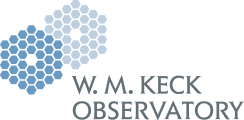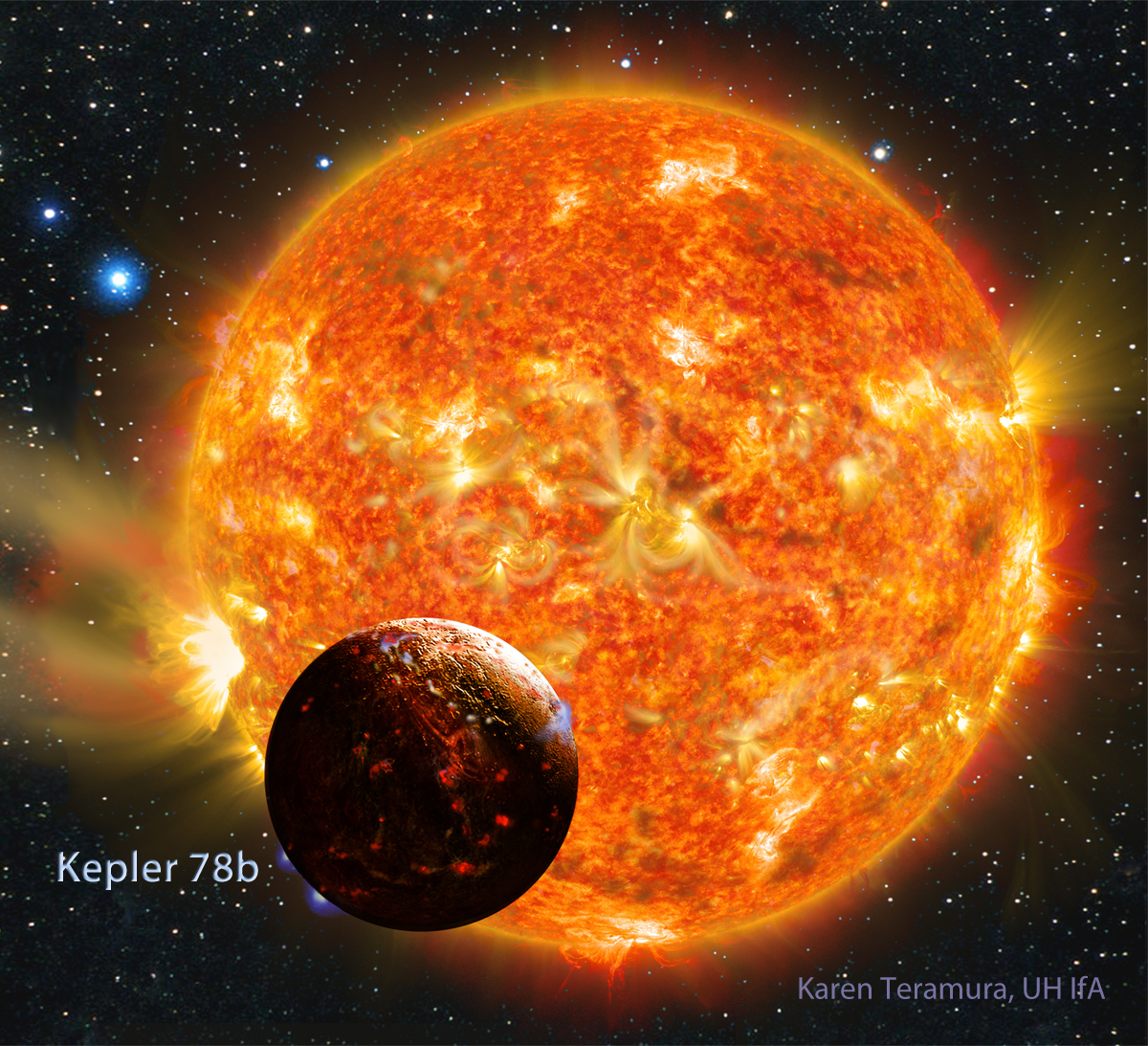What did a Waimea Middle School chicken say to the Black Hole? The black hole will never know – sound can’t travel in space.
But last week, the two got as close to communicating as ever before when more than two-dozen W. M. Keck Observatory employees put the same care and attention to detail in the school’s Mala’ai garden and chicken yard as they do running the telescopes that helped discover the black hole at the center of our Milky Way.
Since operations began twenty years ago, the organization encourages all employees to get out of the office annually to strengthen teamwork and personal relationships.
“Instead of going to the beach or visiting NELHA or going on a hike, the idea came up about doing community service,” said Rich Matsuda, Operations and Infrastructure Senior Manager at Keck Observatory.
And after discussions vetting the right group to volunteer to, Mala’ai rose quickly to the top of the list.

Mala’ai is an outdoor, living classroom. It is a nonprofit school garden operating as a non-profit and working in partnership with the middle school, according to Amanda Rieux, Program Director for the eight-year old culinary garden program.
“We are working to nurture relationships between the students and the land, connecting them to food and land and their health and their culture,” she said.
In addition to providing delicious Hawaiian and European food, the garden program works closely with the science teachers to provide relevant hands on experience that enhance their science classes.
“We are trying to help kids educate their senses, to teach them to be observant and practice those senses by listening carefully and looking carefully so they learn to taste and cook and smell,” Rieux said.
Thanks to the current curriculum and information-based society we are living in, “the students visual sense is high, but they are losing their other capacity to use their other senses well,” she said. “There’s a whole range of things in the natural world that are sensate – and we are really giving them practice at that.”
And a retreat that helped with team building as well as contributing to the community is exactly what the people who take care of the largest and most scientifically productive telescopes on Earth were looking for.
“We wanted to do something local and we wanted to work with a group we don’t have a lot of contact with already,” Matsuda said. “Waimea Middle School really resonated because the impact it would have on the kids and it’s a part of the community we don’t get to interact with very often.”
While building a new chicken yard and cleaning up the garden will certainly be noticed, it was the message within the labor that will make the biggest impact, Rieux said.
“While the students don’t realize it at the time, that kind of involvement from the community really strengthens the students and is really a vote in all the kids in the community, not just the ones in the private schools,” Rieux said. “It’s a really generous act. The work was great, help buying the material was great, but really, what I think it says is [Keck Observatory employees] recognize all these kids as a part of our community and it was great.”
And the good feelings from volunteering are still paying huge dividends. “The work itself was gratifying enough – it should be, but I think our team is still feeling excited about it, Matsuda said. One of the guys took his wife there this weekend to show the work we did. It extends beyond the workers and out to their families.”
So what did the chicken say to the black hole?
“Whatever you do, don’t cross that road. You’ll never hear the end of it.”


